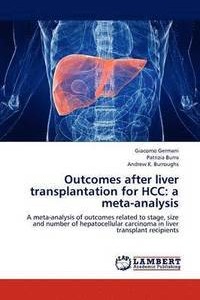
Liknande böcker
Monitoring Blood Glucose And Obesity In Type 2 Diabetes : Costs and benefits of monitoring blood glucose and measuring obesity as a risk marker of cardiovascular disease
Bok av Anders Tengblad
Use of self monitoring of blood glucose (SMBG) in primary care confers a substantial part of the treatment costs, but is not associated with improved glycaemic control. Systematic use of SMBG for patients not treated with insulin should not be recommended. At nursery homes, patients with type 2 diabetes are at risk for harmful hypoglycaemia and may benefit from a more frequent control of plasma glucose and a less strict glycaemic control. Increased abdominal obesity measured with either sagittal abdominal diameter or waist circumference is associated with early cardiovascular organ damage. In addition to analyses of blood glucose, blood pressure and lipids, the monitoring of abdominal obesity is a feasible risk factor assessment tool, that provides further information about cardiovascular risk that goes beyond that of traditional risk factors.
Visa pris inkl. frakt Inkl. frakt







